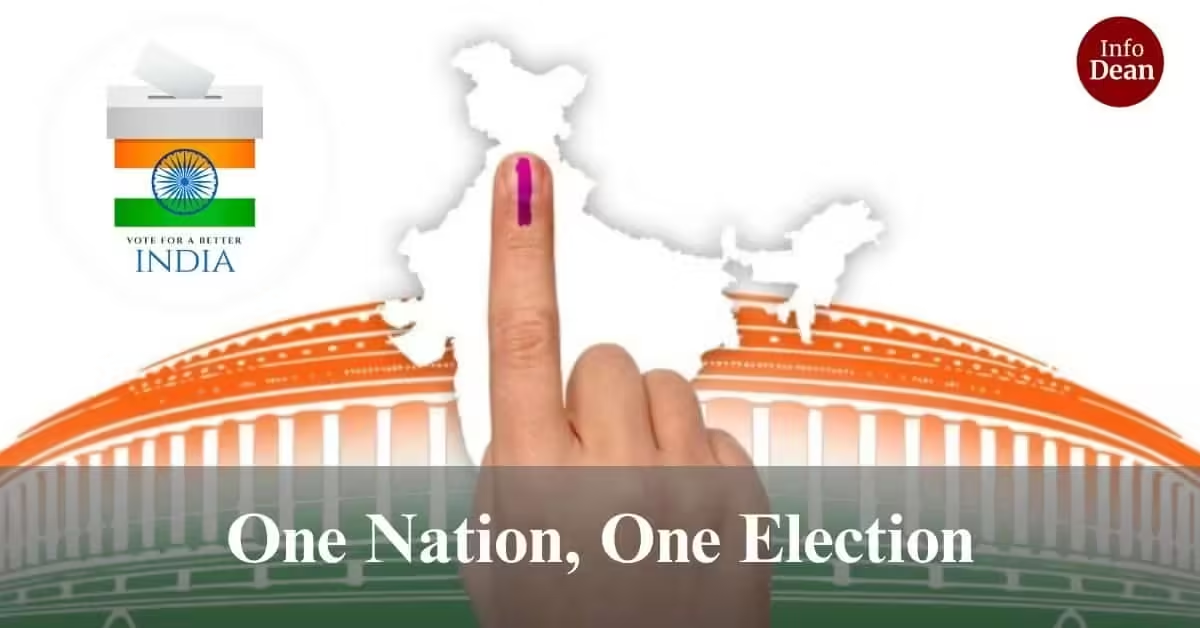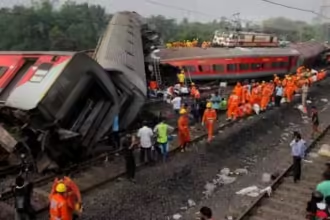The recent approval of the “One Nation One Election” initiative by the Union Cabinet marks a significant shift in India’s electoral framework. This proposal aims to synchronize Lok Sabha and state assembly elections, potentially transforming the political landscape of the nation.
What is “One Nation One Election”?
The concept of “One Nation One Election” refers to conducting simultaneous elections for both the Lok Sabha and all state assemblies across India. This means that citizens would vote for their central and state representatives in the same election cycle, reducing the frequency of elections and streamlining the electoral process.
Key Developments
- Cabinet Approval: On September 18, 2024, the Modi Cabinet officially approved the proposal, which is expected to be introduced in the upcoming winter session of Parliament.
- Historical Context: The idea is not new; it dates back to the first general elections in 1951-52 when Lok Sabha and state assembly elections were held simultaneously. However, this practice was disrupted in subsequent years due to political changes and premature dissolutions of assemblies.
- Committee Recommendations: A high-level committee led by former President Ram Nath Kovind submitted a comprehensive report advocating for this initiative. The committee’s findings suggest that simultaneous elections could reduce costs, enhance administrative efficiency, and improve voter turnout.
Benefits of Simultaneous Elections
1. Cost Efficiency: The financial implications are significant. The 2019 Lok Sabha elections alone cost over ₹60,000 crore, including expenses from political parties and the Election Commission. Joint elections could drastically cut these costs by minimizing repeated deployments of security personnel and poll officials.
2. Administrative Focus: According to NDTV Frequent elections often disrupt governance and development initiatives due to the enforcement of the Model Code of Conduct. By holding elections simultaneously, governments can maintain focus on policy implementation without interruptions.
3. Increased Voter Engagement: Advocates argue that consolidating elections could lead to higher voter turnout as citizens would be more likely to participate when voting occurs less frequently.
Challenges Ahead
Despite its potential benefits, “One Nation One Election” faces significant hurdles:
Constitutional Amendments: Implementing this proposal would require amendments to several articles of the Constitution, necessitating broad political consensus and ratification by state governments.
Logistical Complexities: Organizing a nationwide election involving millions of voters poses logistical challenges that need careful planning and execution. Critics argue that managing such a large-scale operation could be overwhelming and may favor larger political parties over regional players.
Conclusion
The “One Nation One Election” initiative represents a transformative step in India’s electoral process, aiming to enhance efficiency and reduce the financial burden associated with frequent elections. By synchronizing Lok Sabha and state assembly elections, the proposal seeks to streamline governance, allowing political leaders to focus on policy implementation rather than constant campaigning.
However, this ambitious plan is not without its challenges. Significant constitutional amendments are required to align the electoral cycles, which necessitates broad political consensus—a formidable task in India’s diverse political landscape. Additionally, logistical complexities pose a substantial hurdle, as managing simultaneous elections across a vast and varied electorate demands meticulous planning and resources.
As the government moves forward with this initiative, it is crucial to engage in comprehensive discussions that address the concerns of all stakeholders. Balancing the benefits of reduced election frequency with the need for robust democratic representation will be essential to ensure that this reform strengthens rather than undermines India’s federal structure. Ultimately, “One Nation One Election” could redefine the electoral landscape, but its success hinges on careful navigation of the associated challenges and a commitment to inclusive governance.
ALSO READ | The much-anticipated Vande Bharat Sleeper Train: A New Era in Indian Rail Travel











